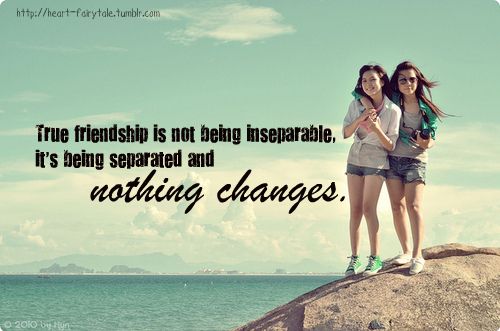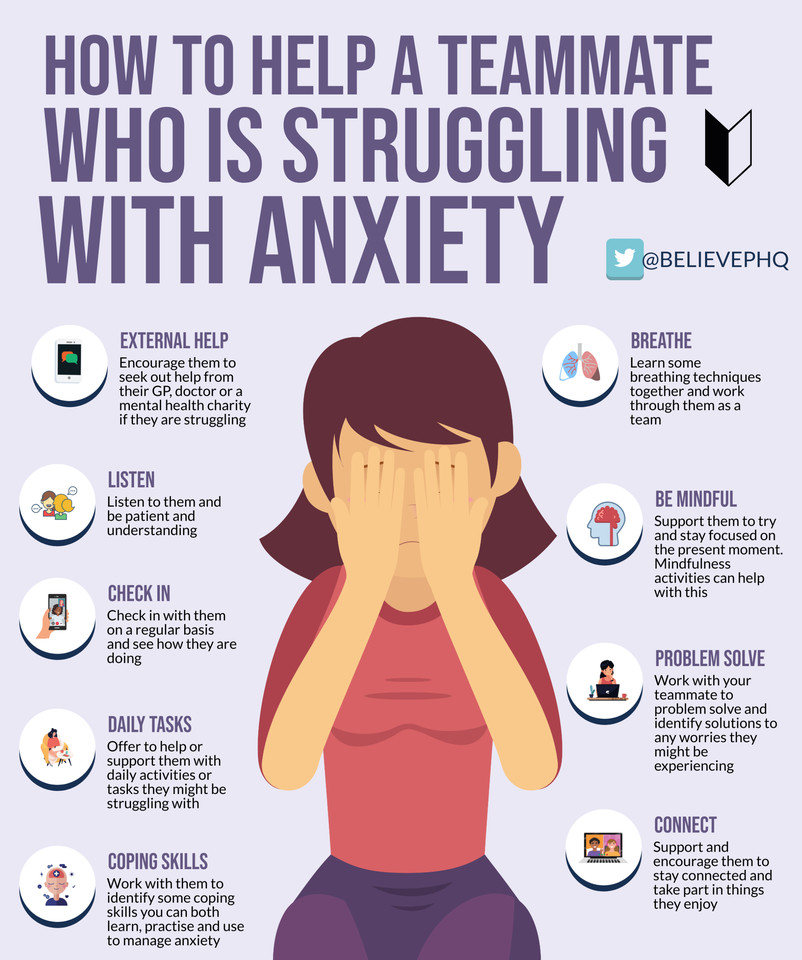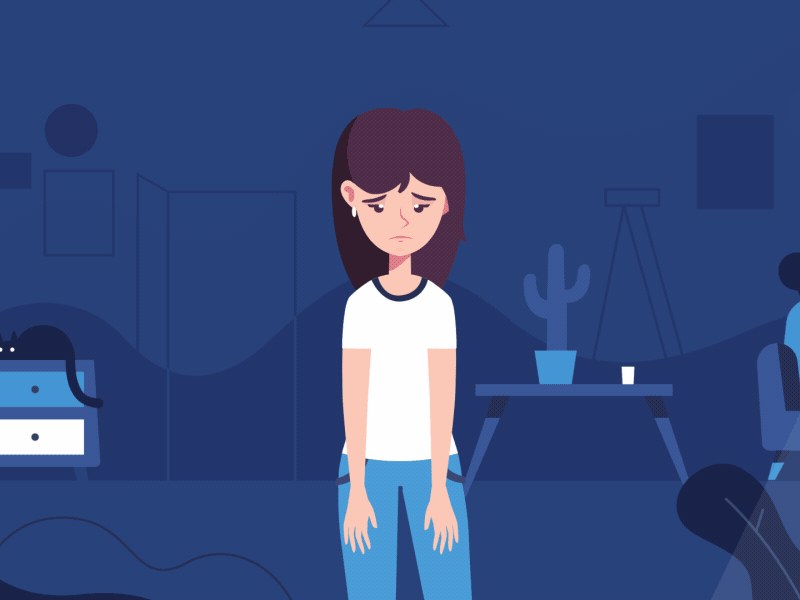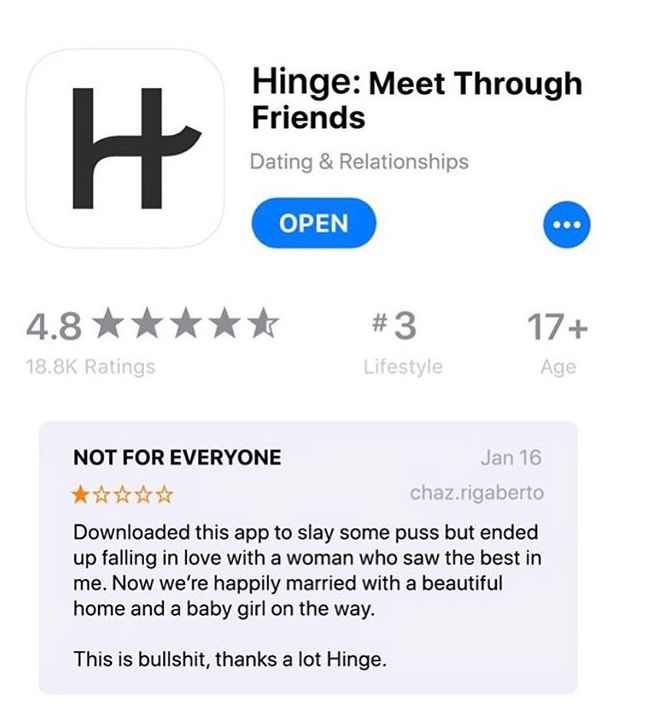Bpd and friendships
Maintaining Friendships with Someone with BPD
People with Borderline Personality Disorder (BPD) often have a difficult time maintaining friendships because of their tumultuous personalities. But these friendships can offer a source of stability in the midst of emotional turmoil.
Friendships with someone with Borderline Personality Disorder can be emotionally trying on you, so knowing how to handle a friend who has BPD is vital to maintaining an important relationship.
If you are trying to determine whether your friend might have Borderline Personality Disorder, here are some BPD symptoms the National Alliance on Mental Illness (NAMI) suggests looking for:
- Inappropriate, intense, or uncontrolled anger
- Mood swings with periods of intense depression, irritability, and/or anxiety lasting a few hours to a few days
- Impulsiveness
- Recurring suicidal threats or self-injurious behavior
- Unstable, intense personal relationships with extreme, black-and-white views of people and experiences
- Marked, persistent uncertainty about self-image, long-term goals, friendships, and values
- Frantic efforts to avoid abandonment, either real or imagined
Because of their tendency to see things in black and white, people with Borderline Personality Disorder can develop strong and emotional attachments with friends that can shift without warning from idealization to intense dislike. Your friend with BPD may be highly sensitive to rejection and even a sudden change of plans or vacation without including them can make them feel abandoned and cause an extreme reaction.
According to NAMI, your friend with Borderline Personality Disorder’s symptoms are worst when they feel isolated and lacking in social support, and may result in desperate attempts to avoid being alone by acting out through impulsive behavior or suicide attempts.
Being friends with someone with Borderline Personality Disorder can be a challenge and emotionally draining. But understanding the disorder and setting limits can help create a balanced, long-lasting friendship.
Here are some tips for making the friendship work:
- Set limits up front and be consistent with them. Be sure to balance your own needs with the needs of your friend so that you take care of yourself.
- As the friendship grows, communicate how you both can use your strengths to preserve the friendship.
 Create boundaries so that you can get your needs fulfilled.
Create boundaries so that you can get your needs fulfilled. - Be there to listen and sympathize with your friend’s feelings. Even if you disagree you can let them know you understand their feelings. Your friend may be used to people telling them that they are overreacting, so having someone care how they feel without discrediting them can be powerful.
- Find out as much as you can about Borderline Personality Disorder. These friendships can be rocky, so you need to know what to expect and how to understand that their behavior is not intended to harm you.
- Be supportive of your friend if they decide to seek BPD treatment.
- Take threats of self-harm seriously. About 10 percent of people with BPD commit suicide, so take note if you see signs of suicidal behavior.
Maintaining a friendship with someone who has Borderline Personality Disorder can be challenging, but it isn’t impossible.
How having Borderline Personality Disorder can affect your friendships
Although it might have an impact, a BPD diagnosis doesn’t automatically make you a ‘bad friend’.
For years, I was convinced that I was undeserving of friends. It seemed like the only rational explanation for why I was so unusually adept at losing them. In every situation, I was the common denominator and therefore, I reasoned, I must be the problem.
I’ve found it difficult to maintain friendships since I was little. I’d want to be super close to people straight away and end up scaring them off. I’d want to prove what a good friend I was by putting myself out there to help them, and be considered a pushover or someone who could be taken advantage of. I’d invest too heavily in the wrong people and be heartbroken when the friendship didn’t work out.
I thought I was too weird, too emotional, too erratic, too much.
In reality, I was living with borderline personality disorder.
Borderline personality disorder (also known as emotionally unstable personality disorder) is characterised by frequent mood swings, an intense fear of being abandoned, and a difficulty forming and keeping stable relationships.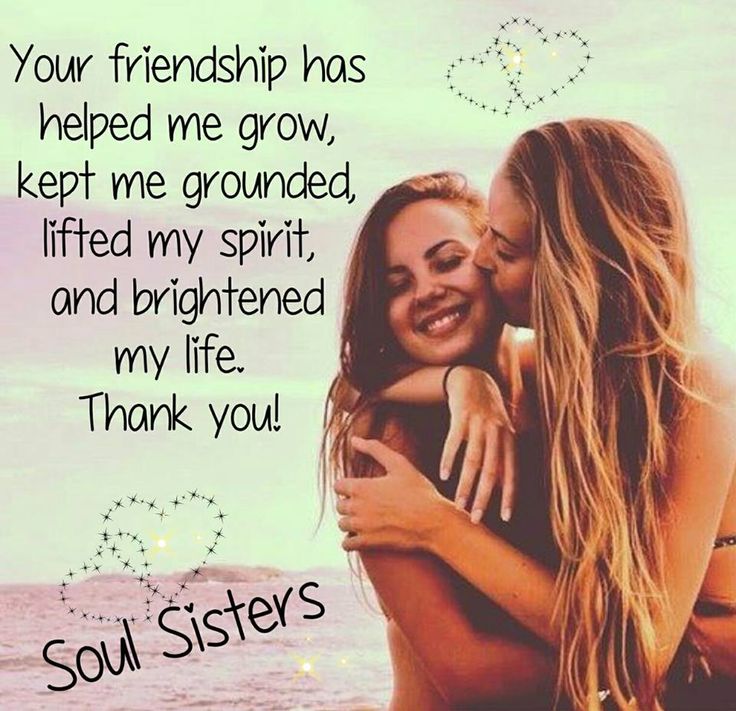
People with BPD tend to self-harm, engage in risky behaviour, and consider or attempt suicide.
It can be very difficult for people who don’t know about BPD to make sense of a friend’s behaviour when their illness manifests itself in the friendship. Coming into contact with someone’s mood swings and extreme emotions, for example, can be off-putting. It might look like they’re being difficult or a ‘drama queen’ when in reality, they’re struggling with an integral part of the BPD diagnosis.
Asking repeatedly for reassurance about the friendship might seem needy, but it’s actually just because someone with BPD is intensely afraid of abandonment.
Self-harm, suicide attempts and drug and alcohol abuse are often (and completely wrongly) judged harshly, when they are really just part of the risky, self-destructive behaviours that are common for people with BPD.
(Picture: Dave Anderson)Unfortunately, personality disorders still have lot of stigma attached to them.
More common mental health problems such as anxiety and depression have gained a wider level of acceptance in the eyes of the public, but illnesses like BPD and schizophrenia are still misunderstood and seen as frightening or alien.
This stigma makes life much harder for people with the diagnosis because they may be more reluctant to tell others that they have an illness. If friends don’t know you have BPD and can’t recognise the behaviours and anxieties than come with it, they will struggle to understand what’s going on if you have an episode.
By the time I was 18, my BPD was full-blown and I had a serious eating disorder. This combination, mixed with heavy use of alcohol and other drugs (both prescribed and recreational), was utterly catastrophic.
I was experiencing the extreme mood swings that come with BPD, and they were being exacerbated massively by substance abuse.
I’d always been a bit of a party girl at university, but when my body started to deteriorate from the eating disorder, I went from being a laugh to being someone who was publicly imploding.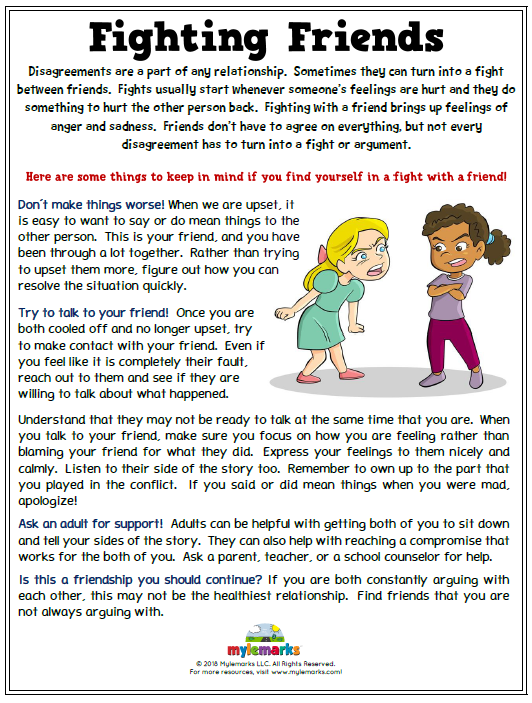 I definitely wasn’t an easy person to live with, but I needed support rather than disdain.
I definitely wasn’t an easy person to live with, but I needed support rather than disdain.
I remember sitting on my bed and sobbing my heart out after my housemates said that they’d chosen a property together and I was unequivocally not invited to live with them the following year.
I was trying to get used to new medication for BPD, going through an eating disorders recovery programme, trying to cope with all my university work and dealing with an abusive relationship, and yet all my university friends could see was a drama queen and a mess.
The fear of being abandoned is a big part of BPD, and when the abandonment is both real and frequent, it has a devastating impact. Some people will end friendships and relationships because they think the other person is going to leave them.
Even years later, this university experience haunts me. I will never forget feeling unsafe and unwanted in the shared house I lived in, where people would stop talking as soon as I came into a room.
If a friend does something to hurt me, I go into an animal self-protect mode. I try to keep myself safe by cutting people out of my life with the speed of Usain Bolt smashing the 100m.
A common element of BPD behaviour is called ‘splitting’ or black and white thinking. It means that you tend to see people as either all good or all bad, without room for nuance or shades of grey.
In terms of friendships, you might make a connection very quickly, think someone is amazing and want to be their best friend and know everything about them. It feels as exciting as the first flush of a new romantic relationship to meet another person you think is wonderful and want to spend all your time with.
However, these feelings can change as rapidly as they arrived. If the other person does something hurtful or fails to reciprocate in the friendship, it feels like they’ve betrayed you and you might cut them off entirely.
This is a particular risk if you’re asking someone to give more in the relationship than they are willing to. The mental health charity Mind lists having unrealistic expectations of people or contacting them very frequently as a difficult part of BPD.
The mental health charity Mind lists having unrealistic expectations of people or contacting them very frequently as a difficult part of BPD.
It’s easy to see how this might be overwhelming for someone right at the beginning of a friendship, particularly when they don’t know about the BPD diagnosis.
Jasmine, 23, also has BPD. She notices that she’s very quick to connect with others and can experience a sense of an emotional intimacy with new friends right away.
More: Lifestyle
She told Metro.co.uk: ‘I connect, sometimes scarily quickly, but it happens so regularly now that it’s almost lost its value. If I can connect this intensely and emotionally with most people, who are the special ones? Who are the right ones? It can’t be everyone.
‘I do worry people will get bored of me. I worry when people are too busy to hang out with me, even if they are genuinely busy. I worry that when people must leave for the evening I’ve said something to insult them.
‘I worry that when I have an episode they will not know how to help, and I’ll get angry and think I’ve chosen the wrong friends. I’m worried I’ll blame them. I worry I’m not being the best friend I could possibly be.’
I’m worried I’ll blame them. I worry I’m not being the best friend I could possibly be.’
This extreme tendency to worry can be incredibly difficult. The constant chatter of the BPD brain means that it’s always finding new things to be anxious about and new reasons why your mates don’t actually like you. Paranoia can be a trait of BPD, particularly in times of stress.
You might find yourself second guessing every action and interaction, playing conversations back hours, days, or weeks after they’ve happened, or torturing yourself with the idea that you’ve been weird, over-the-top, embarrassing, or inappropriate in social situations .
This is an incredibly exhausting way to live. Every day, I find myself eaten up with fears that my friends secretly hate me or are talking about me behind my back, leaving me emotionally drained, unsettled and tempted to ask (for the millionth time) whether they actually like me or not.
In my social interactions, I feel an overwhelming sense of fatigue because I’m so hyper-concerned about how I’m coming across and whether or not I’m misreading or misinterpreting the situation, or making the other person’s words fit with a narrative I’ve already constructed in my head rather than actually understanding what they’re saying.
If I think someone doesn’t like me, everything they do or say will speak that back to me – even if it’s logically not true at all.
If you do a quick Google search, you’ll find articles and discussion forum posts deriding friendships with BPD sufferers. People who have the illness are branded ‘toxic’, ‘intense’, unable to respect boundaries or simply not worth the hassle of having a friendship with.
This is both misleading and offensive. Borderline personality disorder doesn’t mean that someone will necessai be a negative influence in your life or treat your poorly.
People with BPD are often very sensitive, empathetic and attuned to the moods of others. We tend to be good listeners and are always willing to put ourselves in other people’s shoes.
(Picture: Mmuffin for Metro.co.uk)Jasmine agrees: ‘I think a thing about BPD is that it opens a whole new realm of empathy. I have a few friends with BPD and they are some of the most patient and insightful people I’ve ever met. ’
’
Having BPD doesn’t make you a bad friend. Negative behaviour in friendships can and does occur every day between people who don’t suffer from any sort of mental illness.
Steve Clarke is a leading psychotherapist and clinical and therapy services manager at the Priory’s Life Works Hospital in Surrey.
He believes that people with BPD absolutely can maintain fulfilling and healthy friendships with others.
‘Most people with BPD will know what triggers them, and if they are in acceptance of the condition, will generally understand what sort of situations or conversations might trigger negative thoughts and emotions.
‘If a loved one is diagnosed with BPD, try to be patient. They may struggle to deal with their emotions. Don’t judge them; listen, summarise and repeat what you believe you have heard.
‘Avoid telling them that they’re overreacting. Avoid telling your loved one that they shouldn’t feel the way they do, or that you know how they feel, because you don’t…
‘Be consistent and remain calm.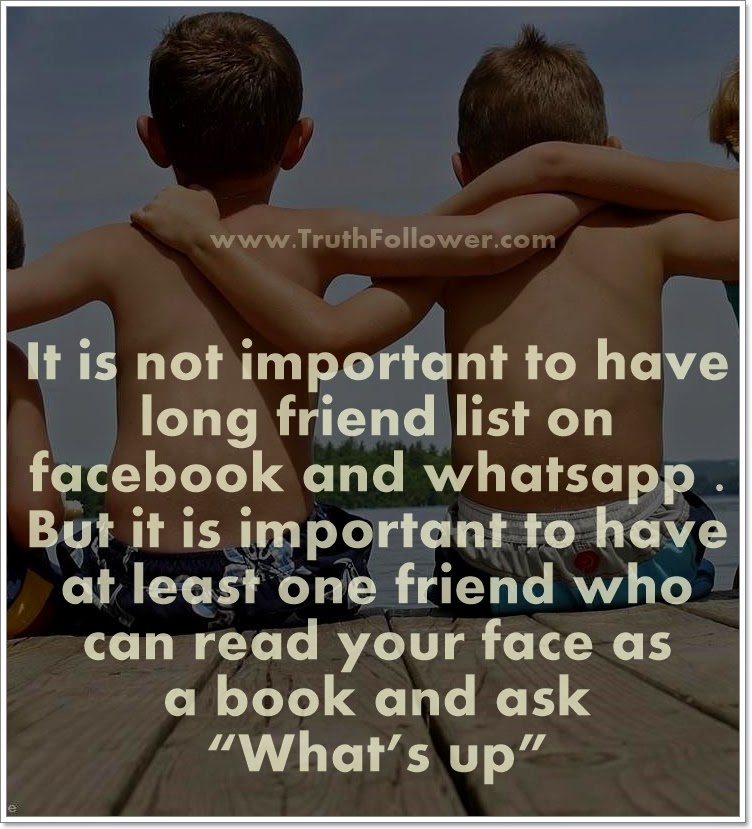 If your loved one is experiencing a lot of overwhelming emotions, allow them voice them in a non-aggressive way. Relay how you are experiencing them. If you are experiencing anger, tell them. Use non-inflammatory language, such as “when you… I feel…” For example, “When you speak to me like this, I feel scared/hurt/afraid/upset…”
If your loved one is experiencing a lot of overwhelming emotions, allow them voice them in a non-aggressive way. Relay how you are experiencing them. If you are experiencing anger, tell them. Use non-inflammatory language, such as “when you… I feel…” For example, “When you speak to me like this, I feel scared/hurt/afraid/upset…”
Steve addresses the fact that BPD sufferers are often accused of transgressing boundaries in relationships, and says that setting clear boundaries and expectations is a must.
‘If your loved one is feeling insecure about rejection, or worried about being left alone, you may find it helpful to firstly understand what they can expect from you, and then make it clear what you can offer. If boundaries are consistently broken, there need to be non-punitive consequences, otherwise behaviours will not change.’
More: Mental health
Steve encourages the ‘broken record’ method, where friends and loved ones will repeat the same phrase calmly, warmly and with empathy, until the message is received and understood.
BPD can be well managed with a combination of therapy and medication, and it doesn’t have to get in the way of a fun and mutually supportive social life with friends.
Brendan is 32 and has been diagnosed with BPD for five years, and says he’s only lost acquaintances rather than long-term friends due to his illness.
He says: ‘I find it harder to make friends but I tend to not have lost the ones I’ve already got. I’ve always been pretty guarded about showing how bad I can get and I limit the people I’m 100% open with.
‘The thing I struggle most with is the feeling that nobody actually wants to be friends with me. That means that I get a bit spammy with messages sometimes if I think I’ve upset someone. This is the point where people likely get annoyed and don’t talk to me as much, the friends I’ve known for the longest know this though and they’ll just let me get it out of my system.
‘I had the same housemate for about ten years which helped. He was incredibly supportive, he had a lot to deal with sometimes when he’d wake up and come into the bathroom and I’d be sitting on the floor cutting myself, but he really stuck by me and never judged me for my lowest points which I’ll forever appreciate.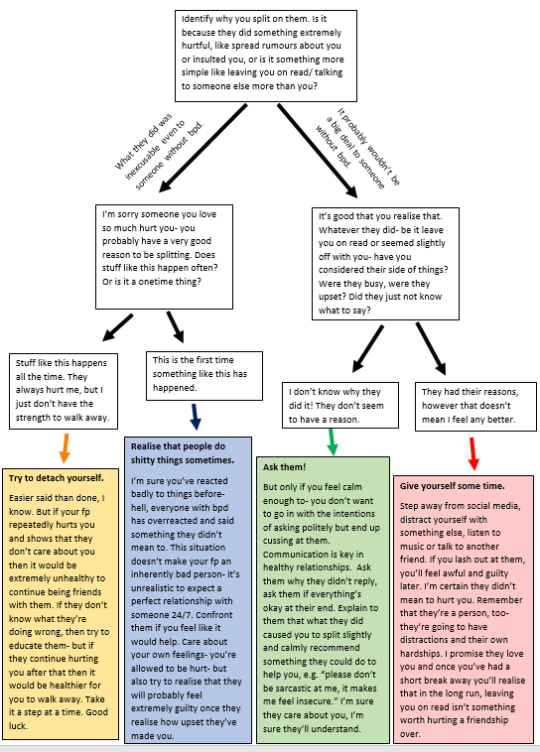 ’
’
Self-destructive behaviours like self-harm, unprotected sex or drug abuse can be very upsetting and difficult for others to deal with, but they don’t make the person engaging in them any less deserving of friendship.
Friends don’t have to try to fix things or cure the illness, but they do need to be able to refrain from making you feel like a bad person because you have a particular mental health diagnosis. Just having someone say ‘I understand that you’re hurting right now’ can be so intensely meaningful.
BPD sufferers don’t want to be therapised or treated like an invalid by their mates – they want to feel liked, accepted and supported, just like anyone else.
(Picture: Ella Byworth for Metro.co.uk)People like Brendan’s housemate, who respond to things like self-harm in a supportive and non-judgemental way, can have an amazingly positive impact on the lives of people with BPD.
Finding people who are willing to learn about BPD and accept you for the person you are, even during your dark moments, is the key.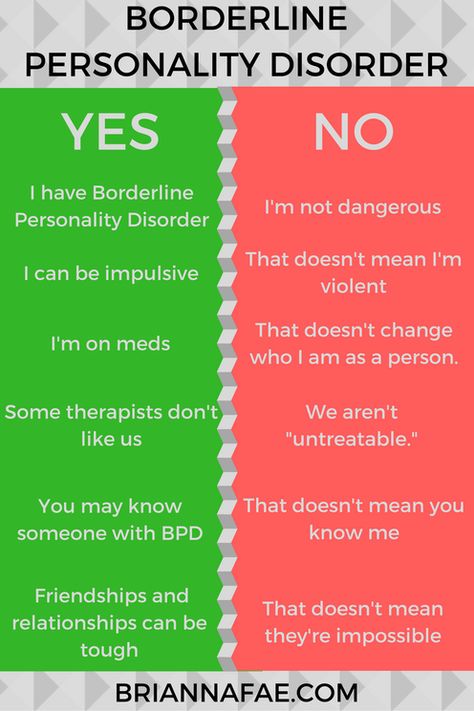
According to Jasmine, forming healthy friendships when you have BPD just take a little more time.
‘It takes time to know who you should surround yourself with because you should surround yourself with people who bring out the best in you, and who bring out the real you. When you have BPD you don’t know those things about yourself.’
Although I still end up constantly crippled with anxiety about how I’m behaving with my friends and whether or not they really like me, I’m learning to get this under control. I tend to confide in a couple of trustworthy people including my partner about my episodes, and I don’t take any sh*t from anyone who tries to make me feel like I’m not good enough because of my diagnosis.
People with BPD don’t make bad friends.
We’re just slightly more complex than the average.
MORE : How to drink alcohol and maintain your fitness goals
MORE : There’s a new acne support website for people struggling with their skin
International Life magazine - Poles
In Poland, an open-ended action of Polish-Russian friendship "We are fighting against Russophobia!" This is an initiative from below, from the people, which does not enjoy the support of the official media, which practically staged a conspiracy of silence against this event.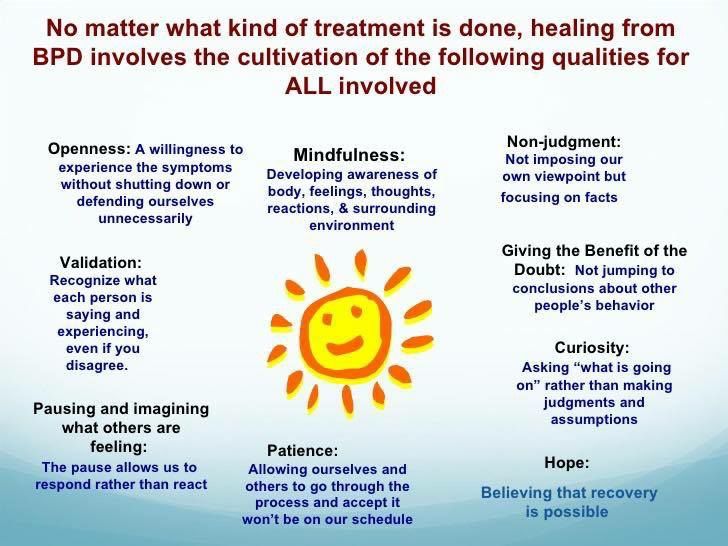
The meaning of the action: to draw the attention of Polish citizens to the inconsistency of Warsaw's policy towards Russia with the interests of Poland and the geopolitical realities of today. The protesters express their disagreement with the actions of the official media, which, instead of acquainting the reader with the real state of affairs in Poland and around it, feed citizens huge portions of anti-Russian propaganda (1).
Lack of attention to the action from the press, ignoring the opinion of its participants by Polish politicians could not but affect the scale of the event itself. Groups and teams that support the action are forced to act mainly in social networks. On Facebook, there is a group “Polish-Russian Friendship”, “Immortal Regiment in Poland”, “Polish-Russian Brotherhood”, etc.
representatives form the backbone of the participants of the action, admits that for a long time it was a closed community, but now it is moving to public activities.
Group leader Piotr Radtke calls for unity of other public organizations, and emphasizes that they are not involved in politics, but are fighting against the distortion of the history of Polish-Russian relations, and the resulting Polish-Russian problems.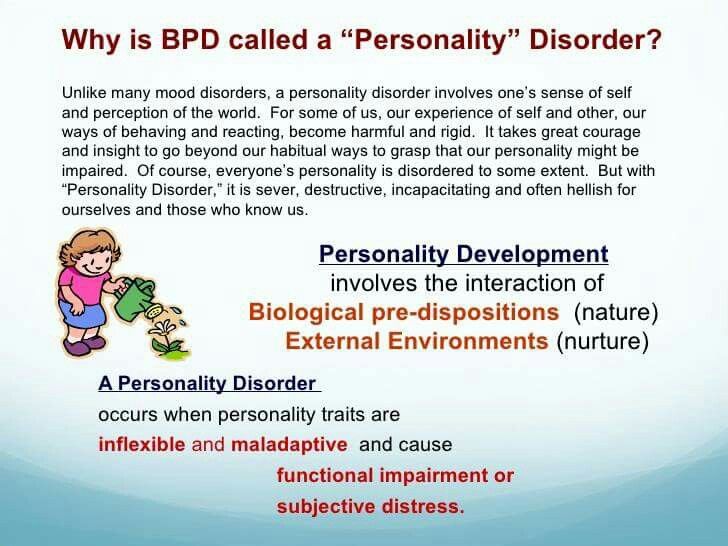 As an example, he cites the fact that Poland suspended the regime of small border traffic with the Kaliningrad region (2).
As an example, he cites the fact that Poland suspended the regime of small border traffic with the Kaliningrad region (2).
Activists hand out leaflets on the streets of Polish cities calling for friendship with Russia and the Russian people, film video interviews with passers-by who advocate the normalization of Polish-Russian relations, post video reports about their activities on social networks (3).
The main message of the protesters is that Poland and Russia should have a direct dialogue, without the mediation of Washington, which provokes tension in relations between Warsaw and Moscow.
The action takes place against the background of the adoption by the Seimas of the scandalous draft state budget for 2017, which provides for billions of dollars in expenses for the purchase and maintenance of comfortable aircraft for the first persons of the state and, at the same time, cuts in pensions and social benefits for employees of law enforcement agencies of the Polish People's Republic.
Many Poles do not agree with this decision, because do not consider those who served in the army or the police of the era of the NDP as minions of totalitarianism. They do not believe, contrary to massive propaganda. After all, they raised post-war Poland from the ruins, and not modern politicians who received an already developed and rebuilt power in their hands. Therefore, the BPR action is supported by veterans of the law enforcement agencies of the PPR, members of the Zmiana (“Change”) party, whose leader Mateusz Piskorski was arrested for criticizing the pro-American vector of Polish policy and calling for the normalization of relations with Russia, etc.
Protecting the burial sites of Soviet soldiers who died for the liberation of Poland from the Nazis is one of the key principles in the work of BPR. Until recently, the organization "Kursk" under the leadership of Jerzy Tyts acted most actively in this direction. Kursk volunteers repair Soviet cemeteries and oppose the dismantling of monuments to Red Army soldiers (4). Now, in addition to the Kursk, there is a BPR in Poland.
Now, in addition to the Kursk, there is a BPR in Poland.
Unfortunately, from the Polish side there are distressing comments addressed to Russian colleagues for their passive attitude towards preserving the memory of the Great Patriotic War on the territory of Poland. Thus, the president of the Lastadia scientific society, historian Michal Glock, is disappointed by the indifference of the Russians to recommendations on how to prevent the distortion of the memory of the victory of Soviet soldiers over fascism in Poland.
“Personally, I am discouraged by your attitude, I have the impression that you put up with what is happening in Poland. One such example is the latest issue of the prestigious magazine Polityka-Pomocnik historyczny. I got the opportunity to write an article there about the Soviet commandant's office in Elbląg. However, in Russia I was denied access to documents that are in one of the museums in Kaliningrad. I tried to get permission to work with documents that are not secret for half a year .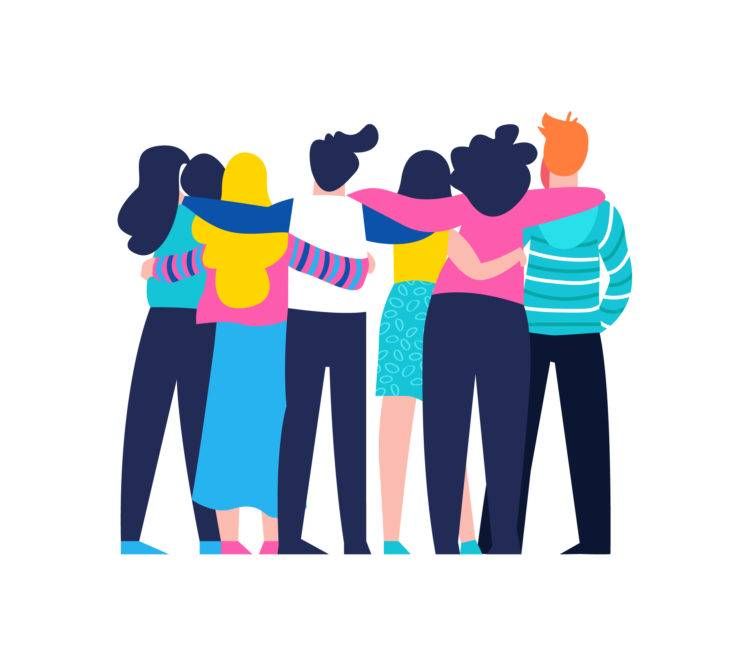 .. For me, people who refuse access to documents that are not secret are no different from those who dismantle monuments in Poland, ”M. Glock points out ( 5).
.. For me, people who refuse access to documents that are not secret are no different from those who dismantle monuments in Poland, ”M. Glock points out ( 5).
According to M. Glock, historical truth should be defended, first of all, at the scientific level, by organizing lectures, exhibitions, public readings, etc. intellectual activities. Next year, 300 monuments to Soviet soldiers may be dismantled in Poland, and neither the Kursk nor the BPR will be able to prevent this.
1) http://tass.ru/mezhdunarodnaya-panorama/3870892
2) https://www.youtube.com/watch?v=YNBcN224QIc &feature=youtu.be
90 002 3) www.facebook.com/radtke1974?fref=ts4) http://newsbalt.ru/news/2016/11/18/kursk-pristupil-k-remontu-kladbishha-k/
5) http://newsbalt.ru/reviews /2016/12/open-letter-polish-historian-russian-public/
Read other materials of the International Affairs magazine on our Yandex.Zen channel.
Subscribe to our Telegram channel: https://t. me/interaffairs
me/interaffairs
Barslona Family | Barslona Family
Remember two things when you visit us: “everything that happens at BARSLONA , remains in BARSLONA "and" everything you said to the bartender or waiter will be used in your favor and bring you happiness.
When you visit us, remember two things: "everything that happens in BARSLONA stays in BARSLONA " happiness to you."
BEVERAGES
BARSLONA is a unique atmosphere of absolute ideological disgrace. Every day we open ourselves to give water to adults in all available ways, to laugh together and give each other happiness.
In our bars, we not only teach our guests how to pronounce sangria correctly and dreamily, but we also pour more of this traditional Spanish drink every day than all the bars in the city. There are more than 25 types of it on the menu, and we collected all the recipes on trips to different regions of Spain.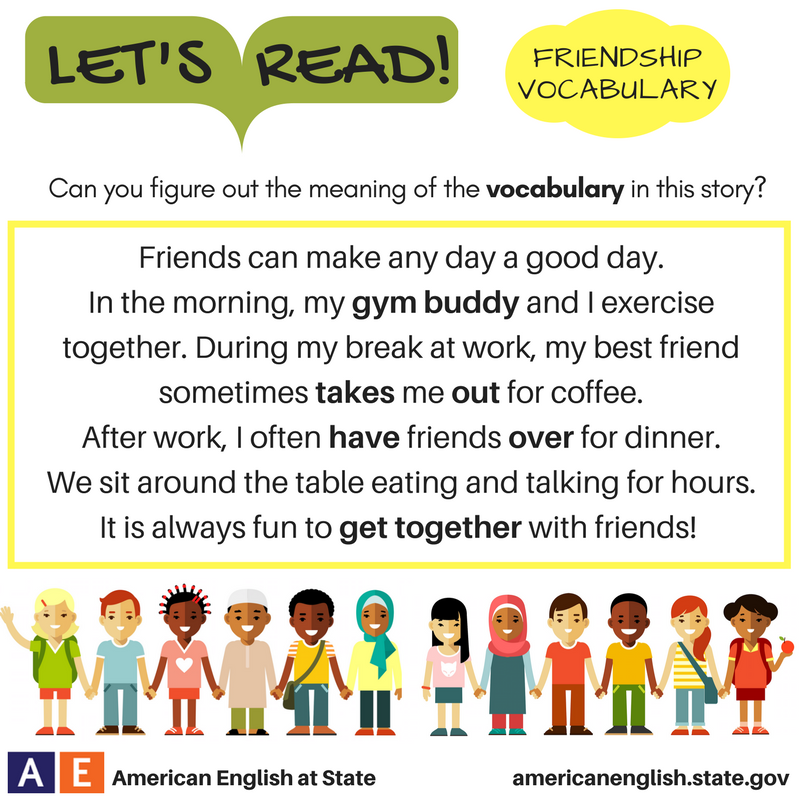 Sangria is our faith, pride and love.
Sangria is our faith, pride and love.
BEVERAGES
BARSLONA is a unique atmosphere of absolute ideological disgrace. Every day we open ourselves to give water to adults in all available ways, to laugh together and give each other happiness.
In our bars, we not only teach our guests to pronounce correctly and dreamily - “sangria”, but we also pour more of this traditional Spanish drink every day than all the bars in the city. There are more than 25 types of it on the menu, and we collected all the recipes on trips to different regions of Spain. Sangria is our faith, pride and love.
MENUPHOTO MENU
We fell in love with tapas, jamon and paella with all our hearts even before it became mainstream. For us, the culture of Spanish food is not only the gastronomic traditions of the Catalans - many types of "tapas" (small snacks that are served to guests in Catalan establishments), fragrant paella and thin slices of jamon. Other components are no less important. This includes an appropriate interior, anti-corrida and sports broadcasts on the big screen, and, most importantly, a sincere atmosphere, freedom and charisma.
Other components are no less important. This includes an appropriate interior, anti-corrida and sports broadcasts on the big screen, and, most importantly, a sincere atmosphere, freedom and charisma.
MENUPHOTO MENU
We loved tapas, jamon and paella with all our hearts even before it became mainstream. For us, the culture of Spanish food is not only the gastronomic traditions of the Catalans - many types of "tapas" (small snacks that are served to guests in Catalan establishments), fragrant paella and thin slices of jamon. Other components are no less important. This includes an appropriate interior, anti-corrida and sports broadcasts on the big screen, and, most importantly, a sincere atmosphere, freedom and charisma.
It's not just a hashtag. That's life. This is family. These are people.
This is an atmosphere of friendship, equality and brotherhood.
And it doesn't matter if we have a guest in front of us, a postman or a brother in arms.